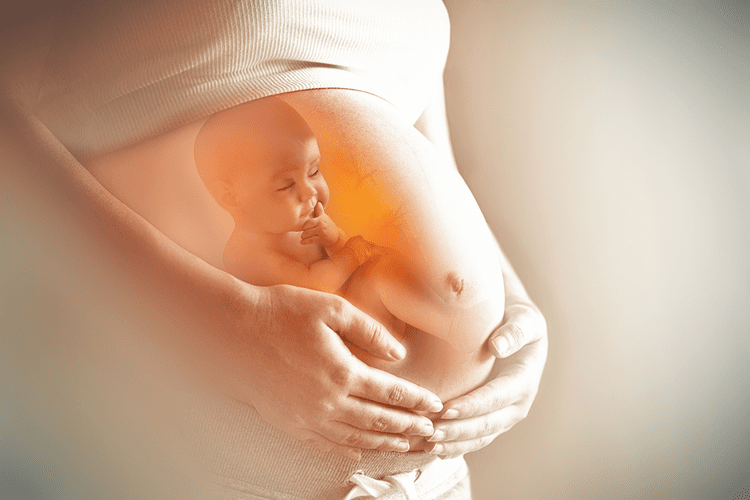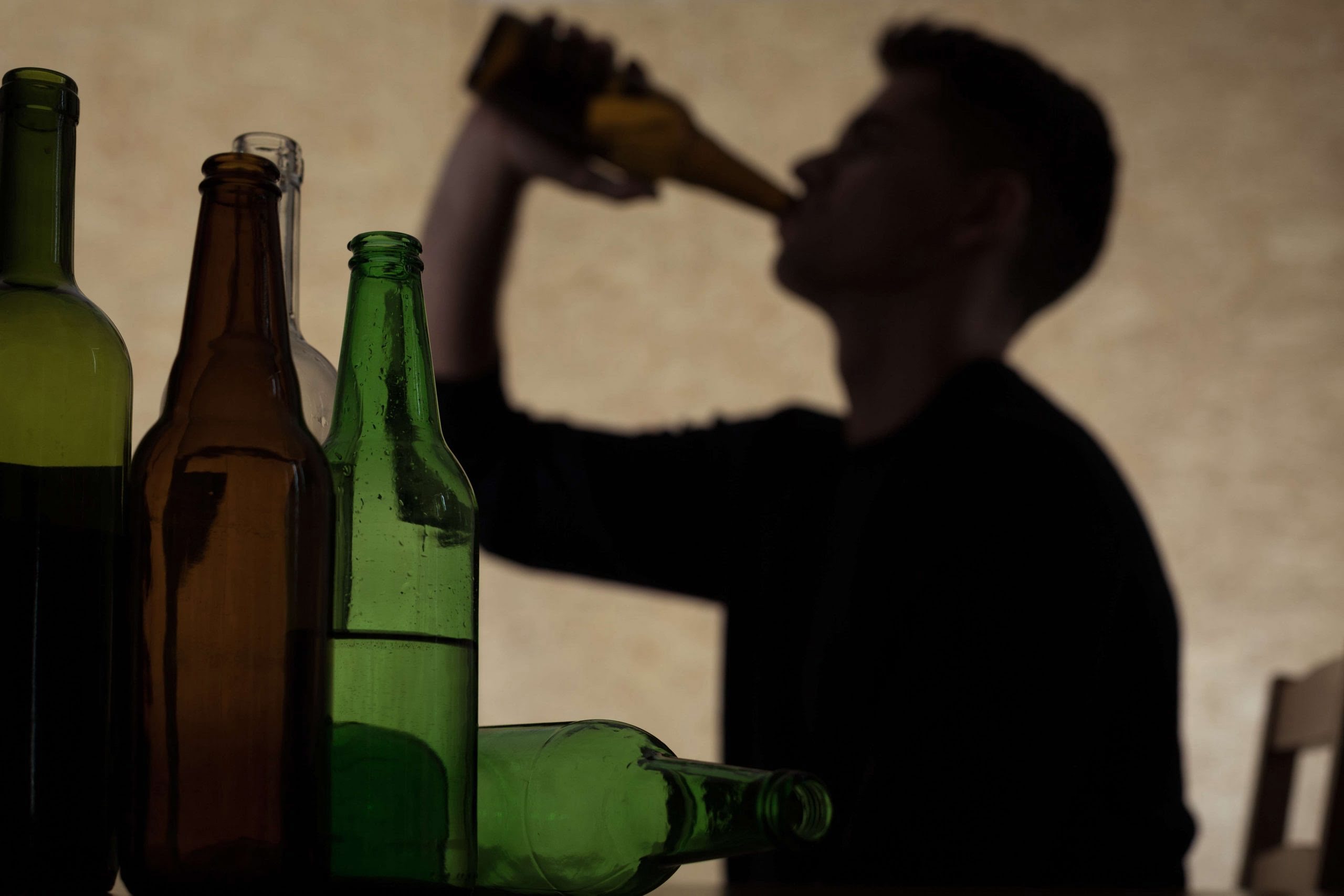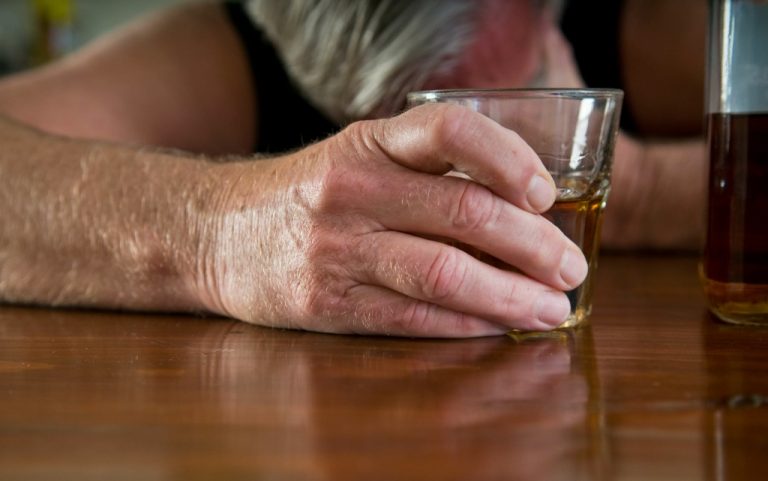Non-alcoholic beer can contain electrolytes like sodium and potassium, which can help replenish those lost through sweat. However, the amounts are generally lower than in dedicated sports drinks. Consider your individual electrolyte needs based on your activity level and other dietary factors. Individuals with bladder problems should be mindful of their overall fluid intake and individual sensitivities. While non-alcoholic beer is generally not a strong diuretic, its carbonation and potential acidity could irritate the bladder in some individuals. Excessive urination from drinking alcohol causes your body to lose electrolytes, which are important minerals involved in many bodily functions, including nervous system function (4).
Understanding Alcohol’s Diuretic Effect
- For example, exercising while drinking can lead to greater dehydration due to increased sweating.
- On the flip slide, even just mild dehydration can cause problems with blood pressure, heart rate, and body temperature.
- On the other hand, some beer enthusiasts have said that they can’t pee after drinking.
- If the stomach is empty, alcohol goes directly into the blood instead of being absorbed through the small intestine and stomach.
- Understanding how consuming alcohol leads to increased urination requires an understanding of ADH.
Alcohol functions as a diuretic, meaning it makes you urinate more, leaving less fluid in your blood and potentially leading to dehydration. Drinking alcohol decreases the amount of vasopressin (an anti-diuretic hormone that helps the kidneys hold onto water) made in the body. As a result, you will lose water from your body http://ricksfamilycarcare.com/?p=205015 after drinking alcohol. While the dehydrating effects of alcohol are mild, the effects are cumulative, meaning the more you drink, the more dehydrated you may become.
Alcohol begins to build up in your bloodstream
- Consequently, they will develop increasing ascites and edema and experience weight gain.
- When the body is dehydrated, it tries to conserve water by producing less urine.
- Often, a medicine is prescribed when other diuretics do not give the expected result.
And if you need help with that, I’ve included some resources at the end of this article, including a quiz to help you assess your current drinking habits. Dehydration can reduce muscle endurance and performance, making it more challenging to sustain physical activity for an extended period. This is because dehydration leads to a reduction in blood flow to muscles, limiting the delivery of oxygen and nutrients needed for muscle function. Research from 2016 found that the sensation of a cool, carbonated beverage makes people think the beverage quenches thirst better. This can lead to drinking less additional liquid after having a drink such as a soda, which could make the effects of dehydration worse. Some people may also pair liquor with other drinks and ingredients in mixed drinks.
Does Alcohol Dehydrate You? Understanding The Health Risks

If you binge drink, you’ll likely lose 500 to 1,000 mL of fluids, causing dehydration. While food slows down the absorption of alcohol and can help manage blood alcohol levels, it does not directly reduce the diuretic effect of alcohol on alcohol rehab the kidneys. While sugar can contribute to dehydration by drawing water into the digestive tract, the primary diuretic effect comes from the alcohol itself. Alcohol will dehydrate you, which has adverse effects both in the short and long term.


It is essential to be aware of these factors and take steps to mitigate the risks. It is is alcohol a diuretic important to note that non-alcoholic beers, like their alcoholic counterparts, may still contain calories and carbohydrates. Therefore, individuals who need to carefully monitor their calorie and carbohydrate intake, such as those with diabetes or weight management concerns, should exercise moderation when consuming non-alcoholic beer.

